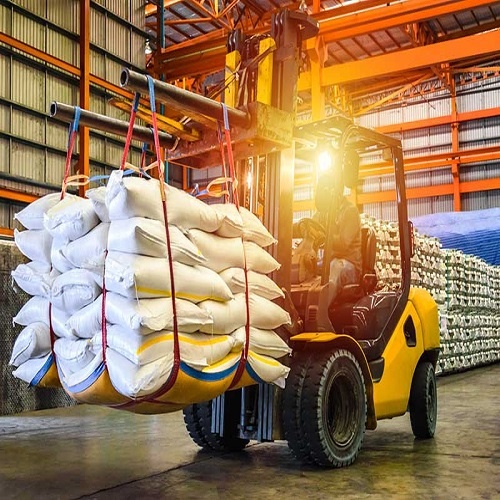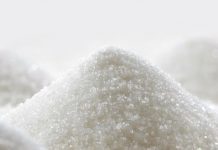The government has issued an immediate ban on sugar imports, directing officials at ports of entry to enforce the order right away. Interior Principal Secretary Raymond Omollo announced the decision, which aims to boost the growth of local sugar mills, reports The Star.
As the head of the border control and operations coordination committee, Omollo emphasized the need to stop sugar imports to protect the local industry. “You are directed to stop the import of brown and table sugar at your ports of entry,” the order stated. Omollo also called for joint efforts among various agencies to conduct raids on illegal sugar imports.
This is in line with the larger government strategy of reviving sugar mills to improve the livelihoods of sugarcane farmers. “To keep this progress going, it’s important to protect the industry by stopping sugar imports,” Omollo said, adding that local sugar production is enough to meet demand nationally. According to government estimates, local producers make an average of 80,000 tonnes of sugar each month, while the country consumes about 4,000 tonnes monthly.
Authorities at all border points have been instructed to enforce the ban, including routes through Lake Victoria. Officials at major border crossings like Namanga, Muhuru Bay, Isebania, Taveta, Moyale, Suam, Oloitoktok, Mbita, Busia, Malaba, Lwakhakha, Mandera, and Garissa, as well as teams in Kwale, Lamu, Wajir, Kisumu Port, Kisumu Airport, Isiolo, Eldoret Airport, Mombasa, and Nairobi, have all been alerted to implement the order.
This decision is expected to be welcomed by sugarcane farmers, who have long urged the government to impose a ban on sugar imports to ensure better prices for their crops. The Kenya Sugarcane Growers Association (KSGA) has been a strong advocate for the ban, arguing that unchecked sugar imports have hurt the local market. KSGA’s Richard Ogendo warned that allowing imports without strict control could lead to unfair practices that damage local producers. “We need to recognize the key factors that drive our economy, like local manufacturing, and take steps to protect them,” Ogendo said.
Farmers have equally appealed to President William Ruto, who recently toured Nyanza, to take action on the illegal importation of sugar, which disadvantages them in free competition. Some firms, alleged to be part of the smuggling of cheap sugar into the country, have been accused of masquerading themselves as respectable businesses to the detriment of local production and the threat to the livelihoods of cane farmers.
There have been calls to investigate the source of sugar flooding the local market, but the response has been slow. At one point, some millers approached the government requesting permission to import to complement their cane shortages; recent events demonstrate just how serious the government is about shoring up the local industry.
Continue reading Chinimandi.com for more news about the Sugar and Allied Sectors.












